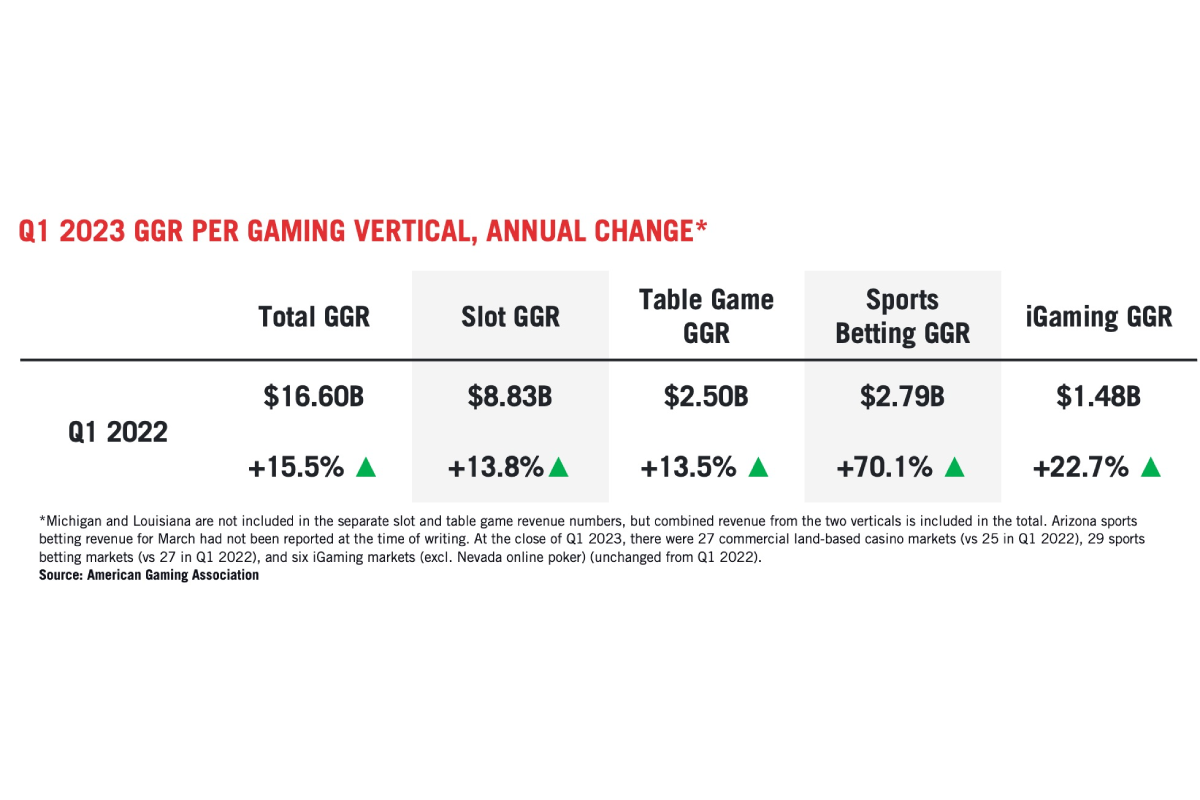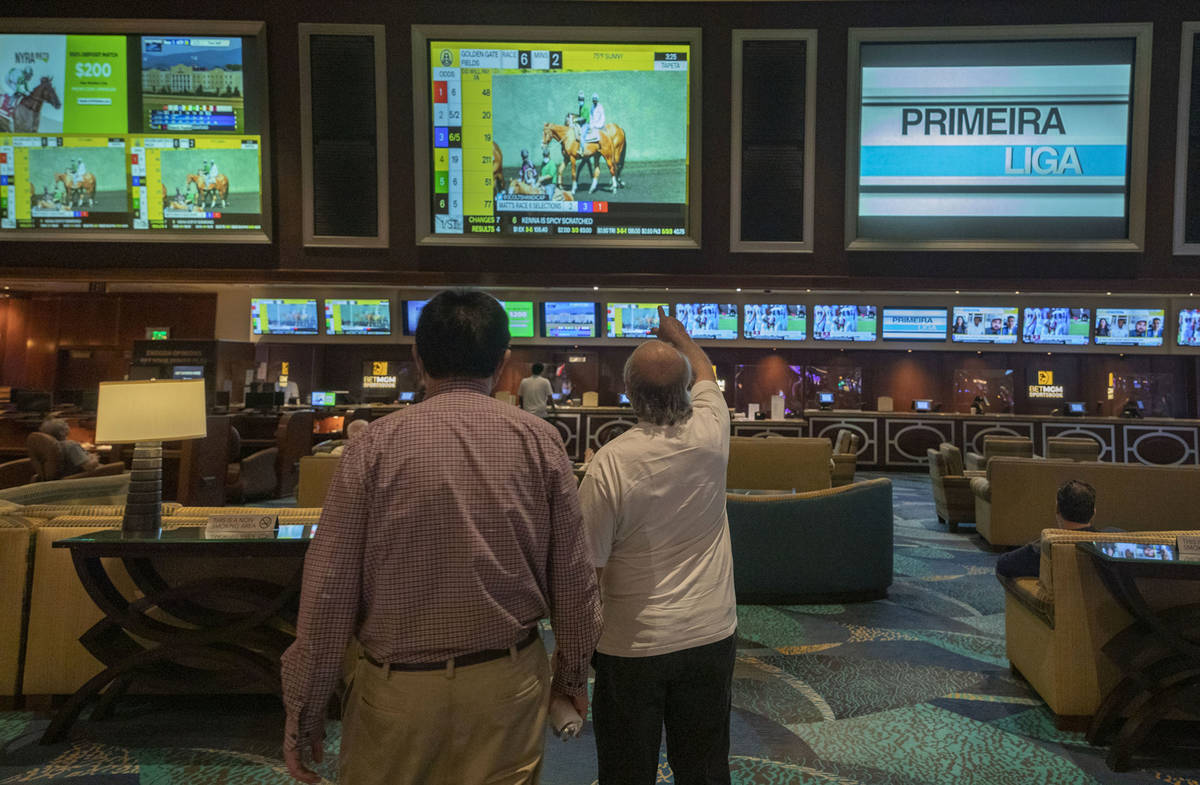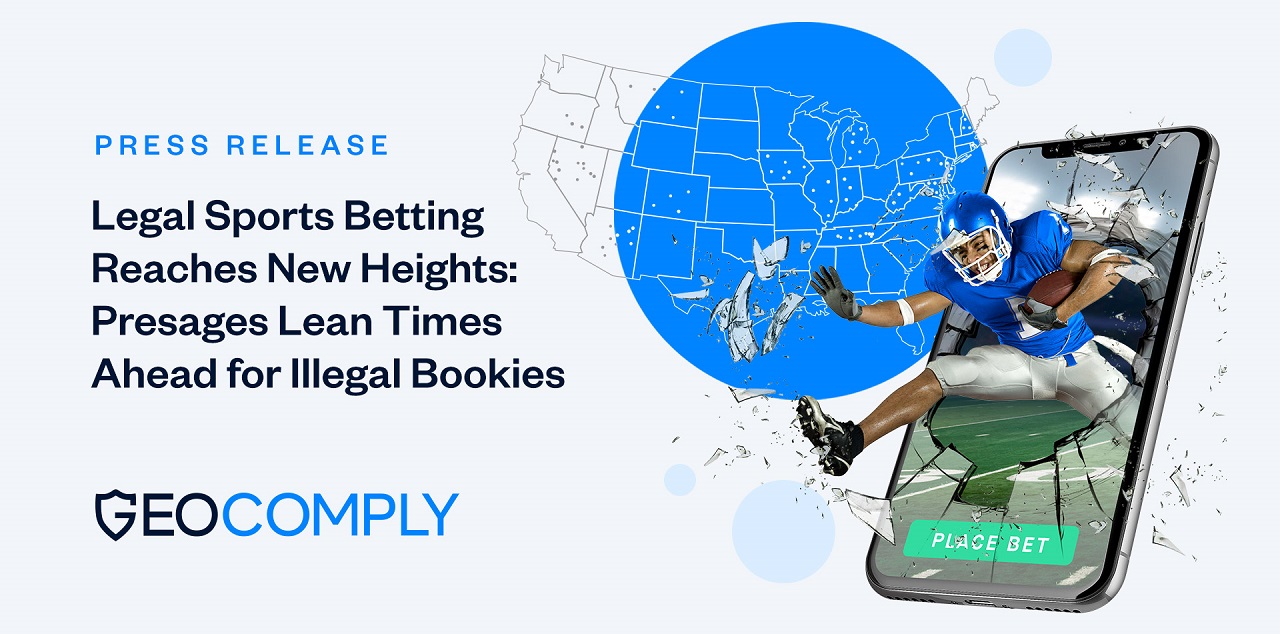Sports Betting
New Jersey Sports Betting Nears $1 Billion in November

New Jersey has become the first state in history to post a legal sports betting handle of more than $900 million. NJ sportsbooks generated $931 million in wagers in November, breaking the previous record of $803.1 million set in October and marking the fourth consecutive month the state has set an all-jurisdiction record for handle.
November’s bets produced $6.2 million in state taxes on $50.6 million in revenue, falling short of the record $58.5 million in gross operator revenue set just last month.
“Even if New Jersey can’t quite reach $1 billion in a month before the end of the NFL season, the mere possibility so soon after the industry launched in 2018 would have been close to inconceivable until just a few months ago. The restart of the U.S. sports world after the shutdowns of spring and early summer has fueled online sports betting in ways that would have been hard to predict before this year,” Dustin Gouker, lead analyst for PlayNJ.com, said.
“When the traditional major betting sports went quiet, most of the major online sportsbooks were really good at engaging their customers with an array of offerings, from golf to table tennis. What is surprising is that those efforts continue to pay dividends even as the major sports have returned,” Eric Ramsey, analyst for PlayNJ.com, said.
Latest News
FIRST and Genius Sports Extend Landmark Data Partnership, Powering Continued Growth

Industry leaders agree new extension to data and streaming partnership that will see FIRST – Best in Sports turbo-charge global growth and boost annual revenues for Genius Sports
FIRST – Best in Sports, the Tier 1 provider of sports betting solutions, and Genius Sports, the leading sports data and technology company, today announce that they have extended their landmark partnership that will see Genius Sports continue to deliver its industry-leading betting data and streaming technology to FIRST – Best in Sports.
As part of the new agreement, FIRST – Best in Sports will distribute Genius Sports data and streaming content to its expanded B2B network and grow the data company’s volume, reach and annual revenues in a major way as it brings partners onstream in Latin America, with Brazil as a major focus.
- FIRST’s growth in Brazil and leading position as a LATAM-focused sportsbook solution will be further enhanced by Genius’s focus in South America.
- This includes coverage of Brazil’s Serie A, Serie B, Campeonato Paulista, Mexico’s Liga MX and the Primera Ligas in Uruguay, Ecuador, Bolivia, Argentina, Chile, Colombia and Paraguay.
The deal extension is part of a comprehensive agreement between two companies that are setting industry standards for the speed, accuracy and depth of their online sports betting offerings. The new partnership also sees FIRST become the official betting partner of Genius Sports, with the group set to recommend FIRST – Best in Sports to operators seeking fully-managed sports betting solutions.
Tom Light, CEO of FIRST – Best in Sports, commented: “We have been working with Genius Sports for many years, and I am delighted to be extending and deepening our relationship with such an industry leader. FIRST – Best in Sports and Genius Sports represent the gold standard in their respective fields and the new agreement will enable us to continue growing revenues for Genius Sports as we launch new partners and expand our network. We look forward to providing the most complete and data-rich solution to sports betting operators in the world’s fastest-growing markets.”
Compliance Updates
New Initiative from DI Council Aims to Enable Betting on Professional Sports
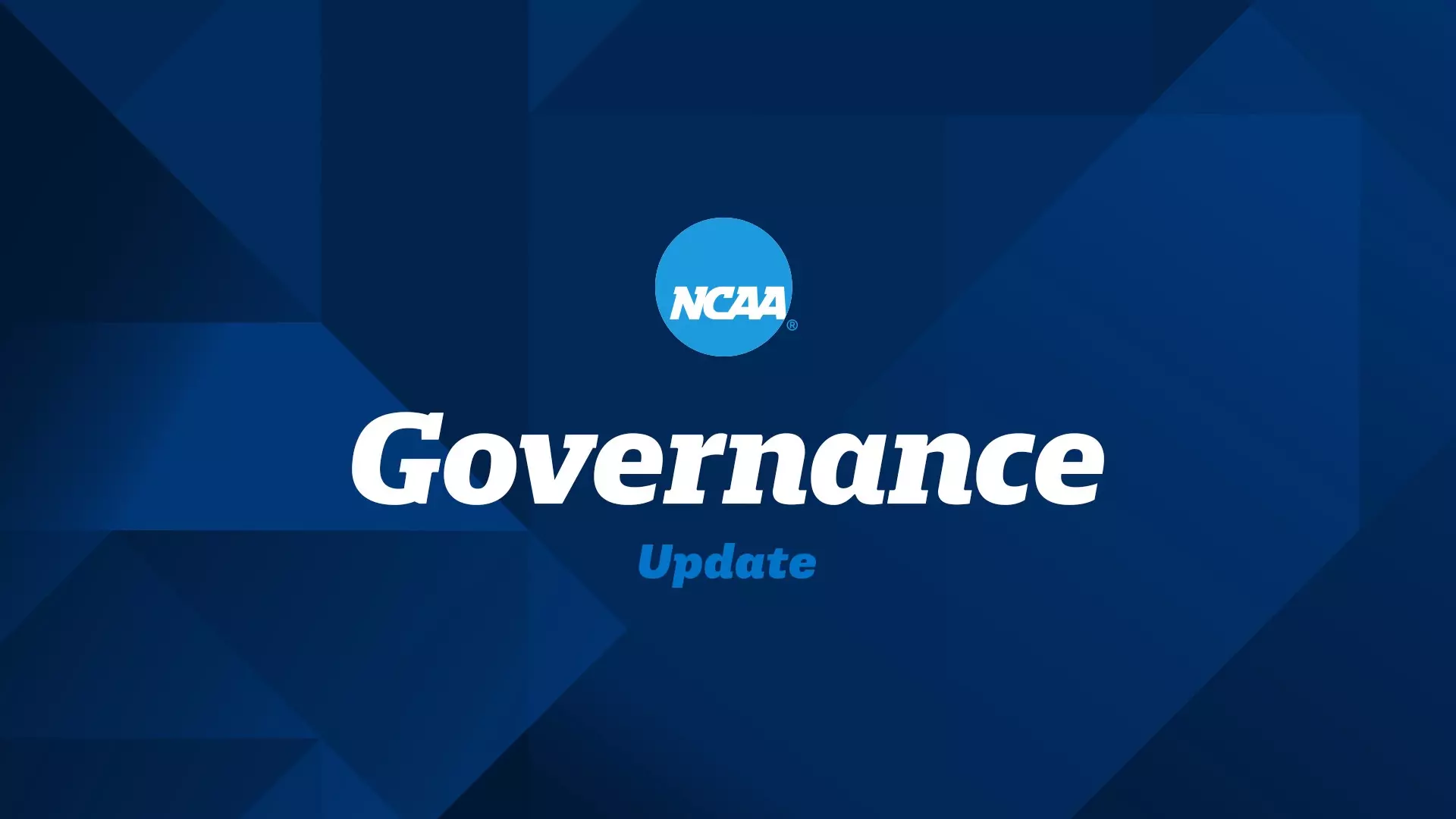
The Division I Council introduced a proposal that, if adopted in October, would change sports betting rules to permit student-athletes and staff members to bet on professional sports and refocus the Association’s enforcement efforts on college sports betting and behaviors that directly impact game integrity. If adopted, the change will be implemented only if Divisions II and III also vote to allow betting on pro sports.
The council’s introduction of the proposal, which comes after a directive from the Division I Board of Directors in April that the council adopt changes to sports betting rules, is not an endorsement of sports betting behaviors, especially for college athletes. The NCAA’s prohibition against betting on college sports would remain in place, as would the prohibitions against sharing information about college events with bettors. The NCAA also would continue to maintain its prohibition for NCAA championships against advertising and sponsorships associated with betting.
“NCAA rules prohibiting sports betting at all levels were written and adopted at a time when sports gambling was largely illegal nationwide,” said Josh Whitman, athletics director at Illinois and chair of the council. “As betting on sports has become more widely accepted across the country, Division I members have determined that further discussion of these sports betting rules is warranted, particularly as it relates to the potential distinctions between betting on professional versus collegiate sports. Throughout our discussions, the council has remained focused on student-athlete wellness and educating student-athletes about the risks and potentially harmful impacts of betting.”
Current NCAA rules do not allow student-athletes or institutional staff to engage in sports betting at any level (professional, college or amateur) for any sports that have NCAA championships, and NCAA members have continually maintained that any betting by a student-athlete on his or her own team or own sport in college should continue to result in a permanent loss of any remaining collegiate eligibility. However, in 2023, Division I changed the reinstatement guidelines for student-athletes who participate in sports betting on professional sports to focus on harm reduction for problematic betting behaviors.
“Deregulating professional sports betting may provide schools an additional opportunity to implement harm-reduction strategies, which can be more effective and have long-term benefits not seen with abstinence-only approaches. Harm-reduction strategies include education, stigma reduction and acknowledging actual behaviors,” said Dr. Deena Casiero, NCAA chief medical officer. “By meeting student-athletes where they are, schools may be more effective at preventing, identifying and supporting student-athletes with problematic gambling behaviors. Regardless of the change, schools are encouraged to use the many sports betting resources already available.”
The recently released Harm Reduction Considerations for Gambling & Sports Betting in Collegiate Sports references available sports betting resources, including the NCAA Mental Health Best Practices. Additionally, more than 100,000 student-athletes, coaches and administrators have been reached through the NCAA’s education efforts with EPIC Global Solutions, and the NCAA has launched an e-learning module to educate student-athletes on problem gambling harms and the integrity risks associated with sports betting.
Several sports betting-related violations by staff members at NCAA schools have been resolved through the infractions process in recent years, and the enforcement staff is working on issuing Notices of Allegations in several ongoing cases that involve allegations of betting on professional and college sports by student-athletes and/or athletics department staff members at a handful of NCAA schools.
The proposed rule change would not be retroactive. If it is adopted, it would apply only to sports betting activities that occur after the effective date of the proposal.
“The enforcement staff’s sports betting-related caseload has significantly increased in recent years, and our staff — including our new sports betting integrity unit — has been effective in detecting and pursuing violations,” said Jon Duncan, NCAA vice president of enforcement.
The Association prioritizes competition integrity, which is vital to college sports. The NCAA uses a layered strategy to respond responsibly to the rise in sports betting across the United States by monitoring over 22,000 contests per year, advocating for limits on prop bets that pose heightened risks, reducing the potential for student-athlete abuse by aggrieved bettors, and creating greater transparency to assist with the timely investigation and resolution of integrity-related issues.
This layered approach includes the most recent agreement extension with Genius Sports to establish unprecedented betting restrictions on high-risk proposition bets. Sportsbooks licensing NCAA championship data must cooperate fully with NCAA investigations, including providing access to account data, financial history and geolocation records. This will allow the NCAA to work with the sportsbooks to gather detailed account information when harassers are identified to prevent repeat offenders from continuing to place bets across platforms, increasing safeguards to protect student-athlete mental health and well-being.
Latest News
RG24seven Virtual Training to Host Free Sports Betting Webinar with Tribal and UK Experts

RG24seven Virtual Training, the responsible, effective and free video-based training platform for Tribal and commercial gaming employees, and a BMM Innovation Group (BIG) company, has announced the next episode of its TALK-24 webinar series, exploring sports betting. The webinar will feature special guest speakers: Scott Sanderson, Executive Director at Gila River Gaming Commission and Victoria Reed, Chief Executive Officer of Better Change. Both experts will share perspectives on sports betting, regulations, and the future of this sector.
Wendy Anderson, Chief Executive Officer of RG24seven, said, “The goal of TALK-24 is to provide current and relevant education led by experts. As sports betting continues to grow and change, it’s crucial for gaming professionals to understand the trends, opportunities, and regulatory concerns that come with it. We’re pleased to welcome Scott Sanderson and Victoria Reed to guide this important conversation based on their different perspectives.”
Victoria Reed, Chief Executive Officer of Better Change, added, “I look forward to sharing insights from the well-established UK sports betting market, where we’ve seen both innovation and regulation evolve hand in hand. My hope is that by sharing these experiences, we can offer valuable perspectives to emerging jurisdictions”
Scott Sanderson Executive Director at Gila River Gaming Commission, concluded, “I’m proud to be sharing the Tribal gaming perspective, especially at a time when so many jurisdictions are exploring what’s next for their communities. I look forward to contributing to the conversation with experiences that can help inform and inspire the future of sports betting across both Tribal and global markets.”
This webinar will serve as a preview for a new set of sports betting courses by RG24seven Virtual Training.
RG24seven will host the complimentary webinar at 8:30 am Pacific Time on June 25:
- The live webinar is designed to be both informative and interactive.
- By the end of the 24-minute webinar, attendees will better understand sport betting literacy, regulations, and more.
- Registration is now open here: https://bit.ly/talk-24sportsbetting
-

 partnerships7 days ago
partnerships7 days agoInternational Gaming Standards Association Welcomes New Payments Committee Member: Sightline Payments
-

 Latest News7 days ago
Latest News7 days agoFBM® unveils golden treasures in Mexico with Croc’s Lock™ bites
-

 Compliance Updates7 days ago
Compliance Updates7 days agoHonolulu Mayor Signs New Laws Targeting Illegal Game Rooms
-

 eSports6 days ago
eSports6 days agoBETBY EXPANDS LATAM FOOTPRINT WITH MOBADOO ESPORTS PARTNERSHIP
-

 Latest News7 days ago
Latest News7 days agoAGS Named One of U.S. News & World Report’s 2025–2026 Best Companies to Work For
-
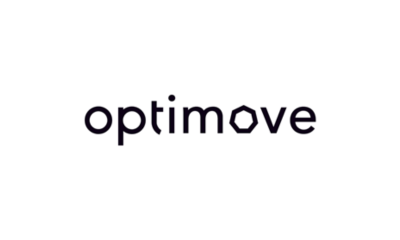
 Latest News5 days ago
Latest News5 days agoOptimove and EveryMatrix Launch Real-Time Integration to Power Smarter Marketing for iGaming Operators
-
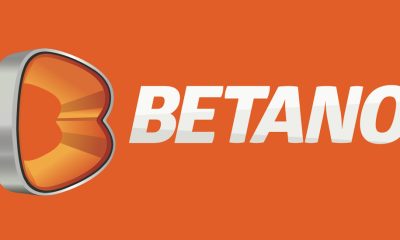
 Latest News5 days ago
Latest News5 days agoBetano, Official Sponsor of CONMEBOL Copa América Femenina 2025™
-

 Latest News5 days ago
Latest News5 days agoSpotlight 29 Casino and Tortoise Rock Casino to Launch Konami Gaming’s SYNKROS Casino Management System




